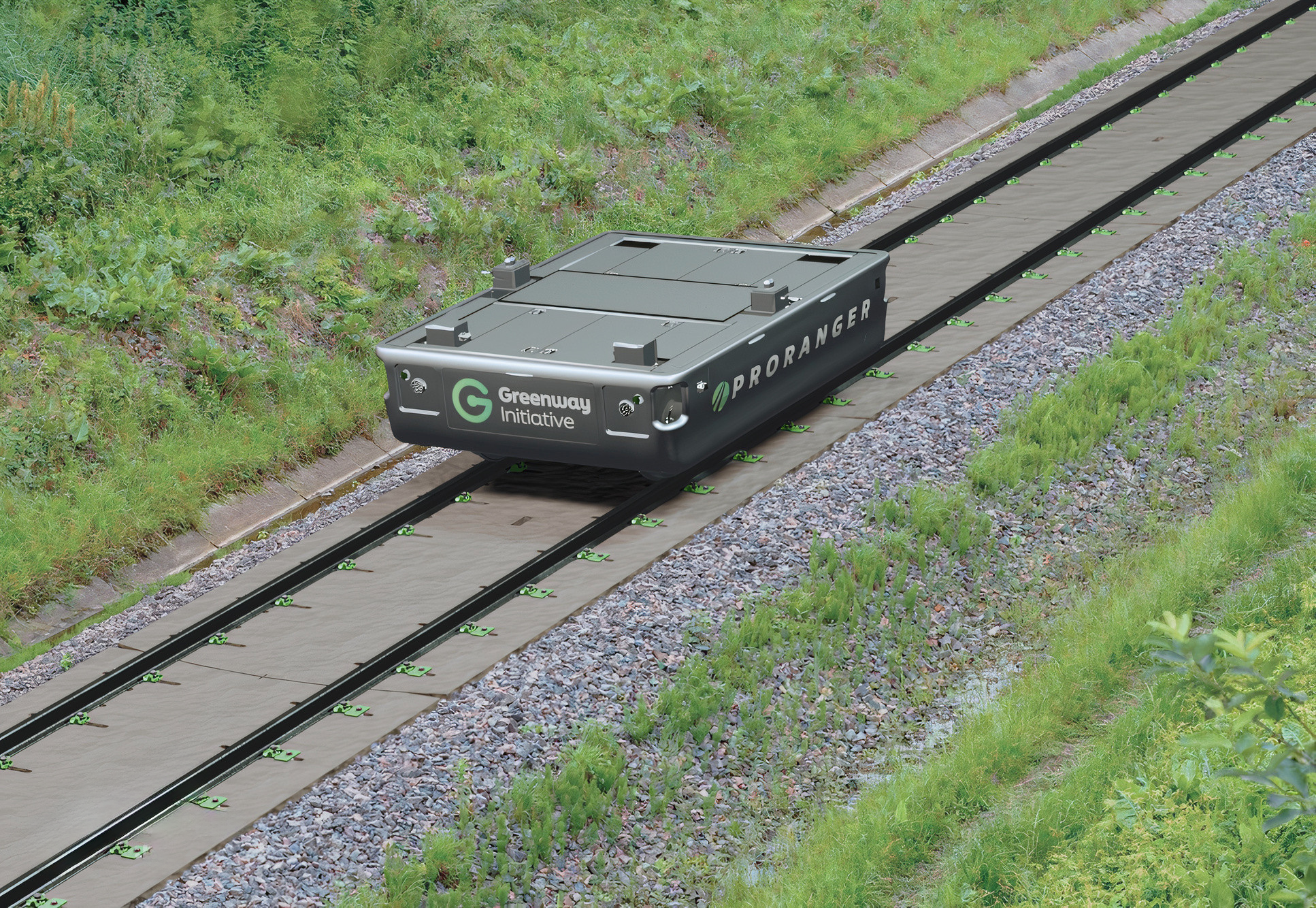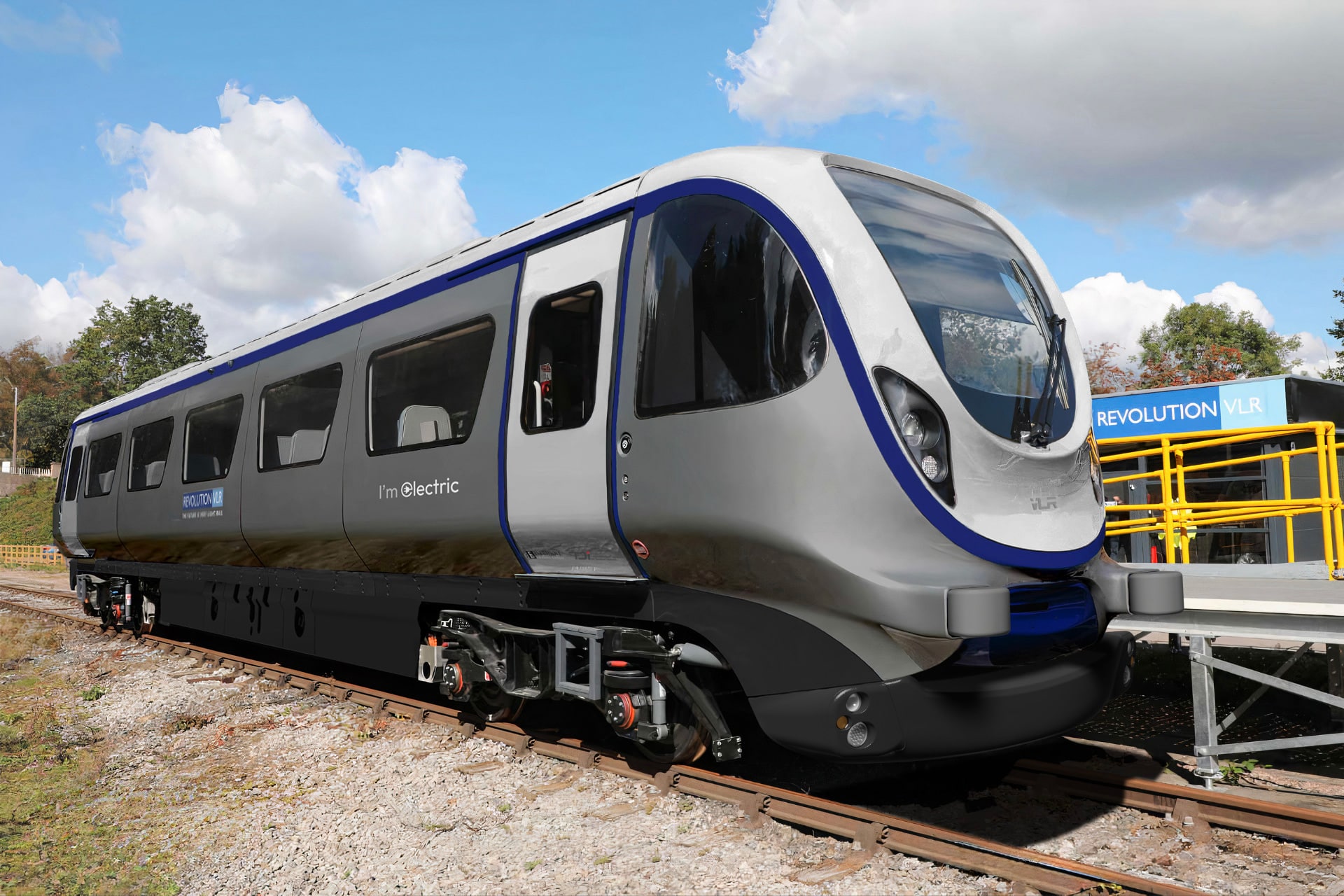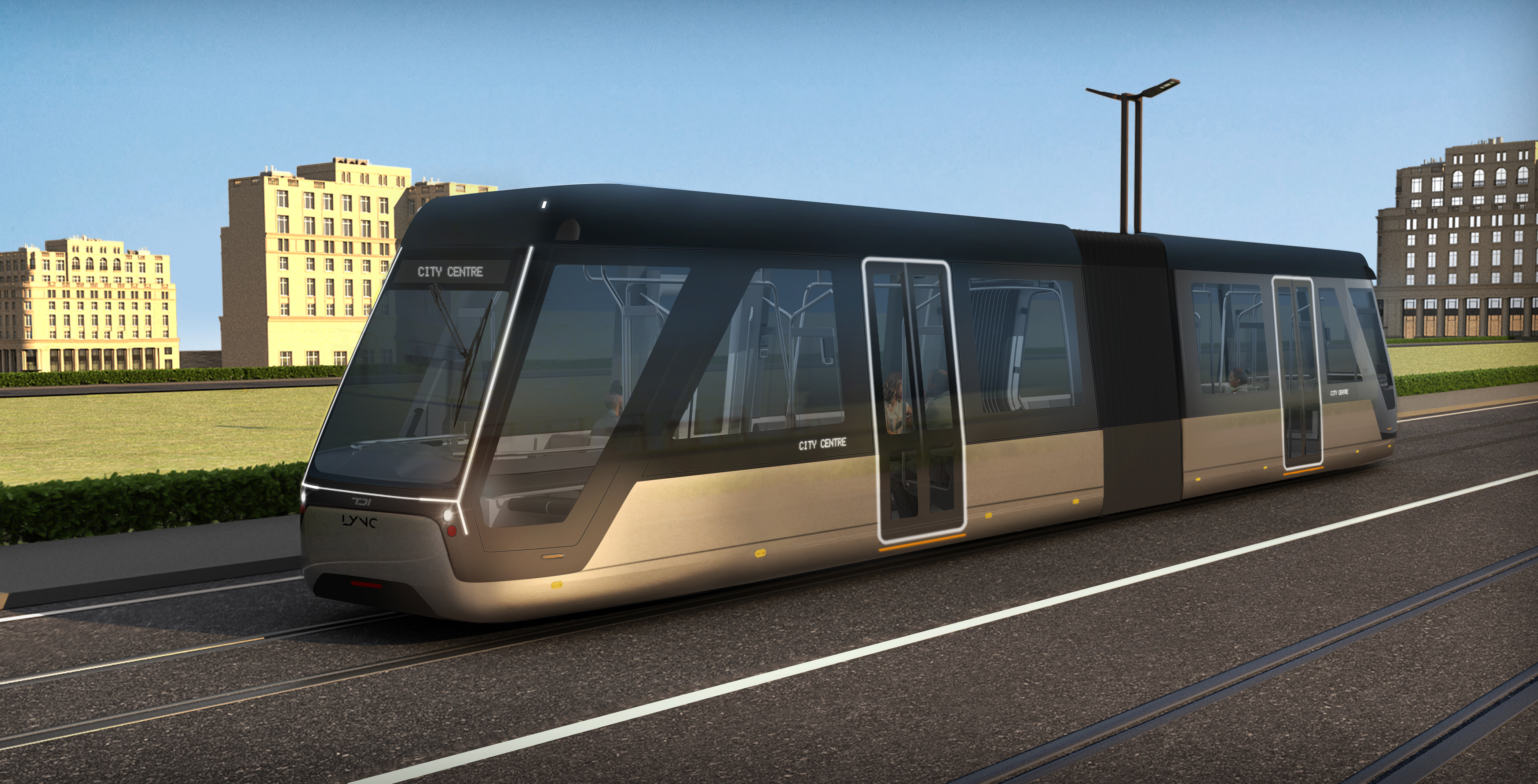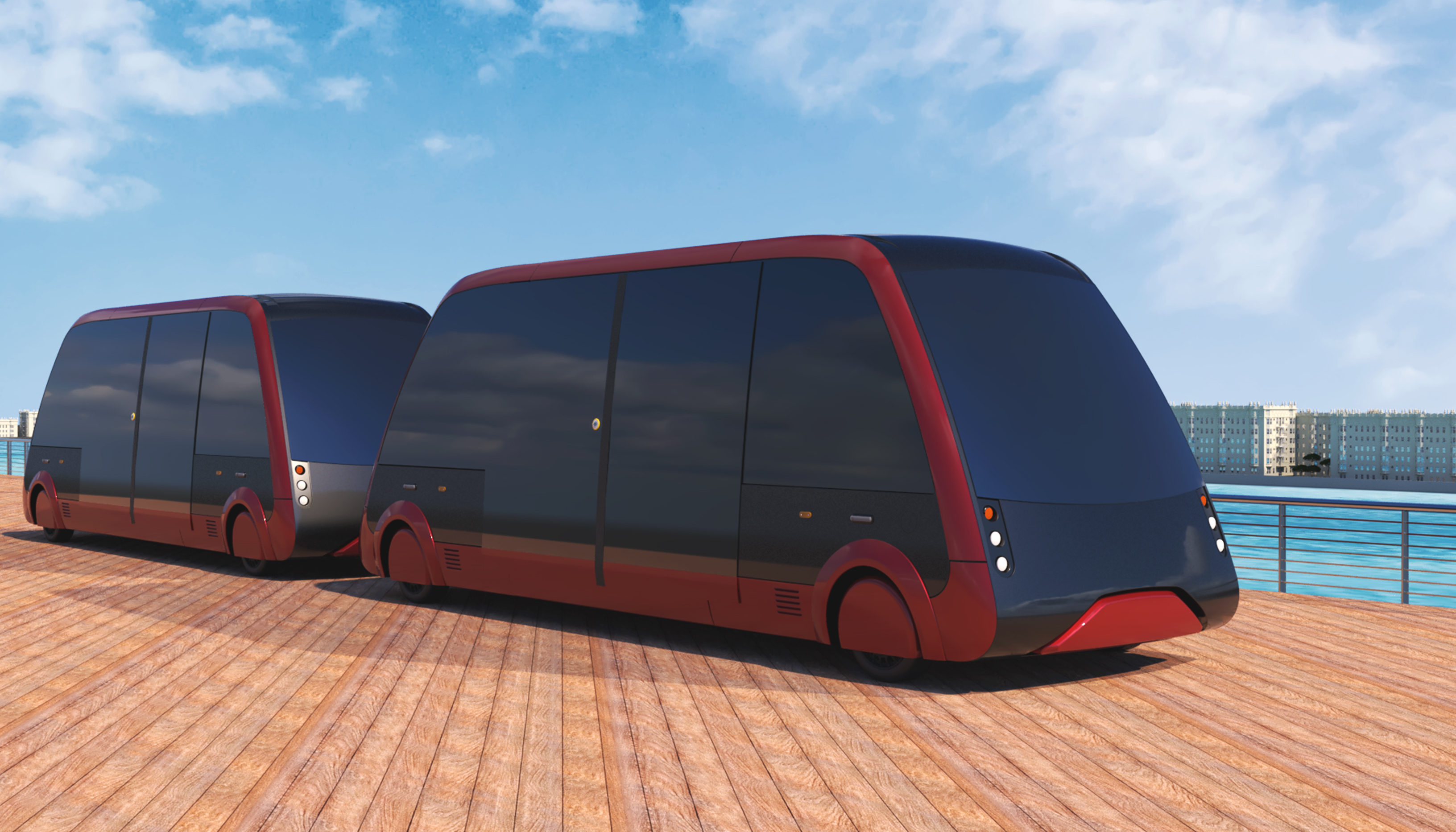GREENWAY INNOVATIONS
Launched in 2020 as part of our Future Vision strategy, TDI has put together several multi-disciplinary teams to work on key current issues in the transport sector.
Battery-as-a-Service (BaaS)
TDI has developed a lineside charging system which connects automatically to our vehicles allowing for fast charging capability during operation.
These battery charging systems are installed in stations or at designated stopping points along the track or road, enabling battery charge to be maintained at a constant level, for uninterrupted passenger service throughout the vehicle’s duty cycle, negating the need for long overnight charging periods. Battery development at TDI is focused on electrical technology that aligns with requirements for fast, frequent charging regimes.
TRACK SYSTEMS
The TDI team are developing low-cost track system for use with our Very Light Rail (VLR) and Light Road Transit (LRT) vehicles. As vehicles get lighter, the infrastructure used to support the vehicles needs to develop in conjunction with those technological changes. The team are working with a local consortium of businesses to develop a new approach to track and guided roadway solutions.
In particular, we are focused on using modern sustainable materials and reducing carbon footprint by recycling the existing base materials where possible. The construction processes have been engineered to reduce weather dependent activities and provide a faster, less disruptive build sequence.
PRORANGER
Proranger is a TDI solution specifically designed with Very Light Rail in mind. The design philosophy is based around the need to reduce infrastructure installation costs associated with current maintenance systems for Branch lines.
Proranger uses a “second-life” bogie (T3-7/TF25) with recyclable and carbon neutral characteristics within its sub-assembly specification to minimise costs and support the net zero agenda. Proranger is an automated guided vehicle (“AGV”) that is adapted to carry de-icing equipment and LaserTrain® equipment to minimize disruption from autumn debris. It also works with the monitoring platform on Smartrax to monitor track wear.



